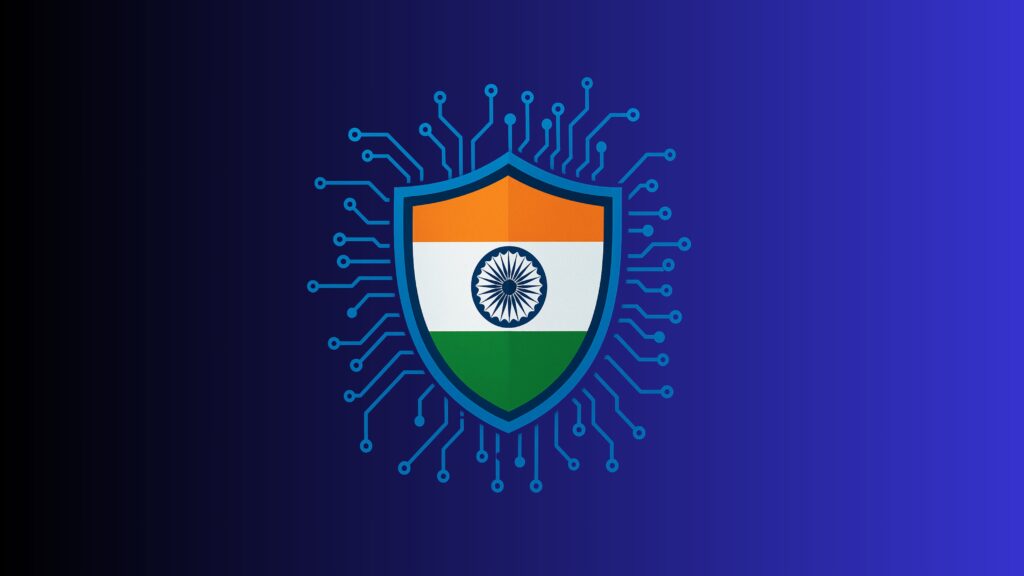DPDP law takes effect as India tightens AI-era data protections
Big Tech faces new obligations as India enforces DPDP standards.

India has activated new Digital Personal Data Protection rules that sharply restrict how technology firms collect and use personal information. The framework limits data gathering to what is necessary for a declared purpose and requires clear explanations, opt-outs, and breach notifications for Indian users.
The rules apply across digital platforms, from social media and e-commerce to banks and public services. Companies must obtain parental consent for individuals under 18 and are prohibited from using children’s data for targeted advertising. Firms have 18 months to comply with the new safeguards.
Users can request access to their data, ask why it was collected, and demand corrections or updates. They may withdraw consent at any time and, in some cases, request deletion. Companies must respond within 90 days, and individuals can appoint someone to exercise these rights.
Civil society groups welcomed stronger user rights but warned that the rules may also expand state access to personal data. The Internet Freedom Foundation criticised limited oversight and said the provisions risk entrenching government control, reducing transparency for citizens.
India is preparing further digital regulations, including new requirements for AI and social media firms. With nearly a billion online users, the government has urged platforms to label AI-generated content amid rising concerns about deepfakes, online misinformation, and election integrity.
Would you like to learn more about AI, tech, and digital diplomacy? If so, ask our Diplo chatbot!
